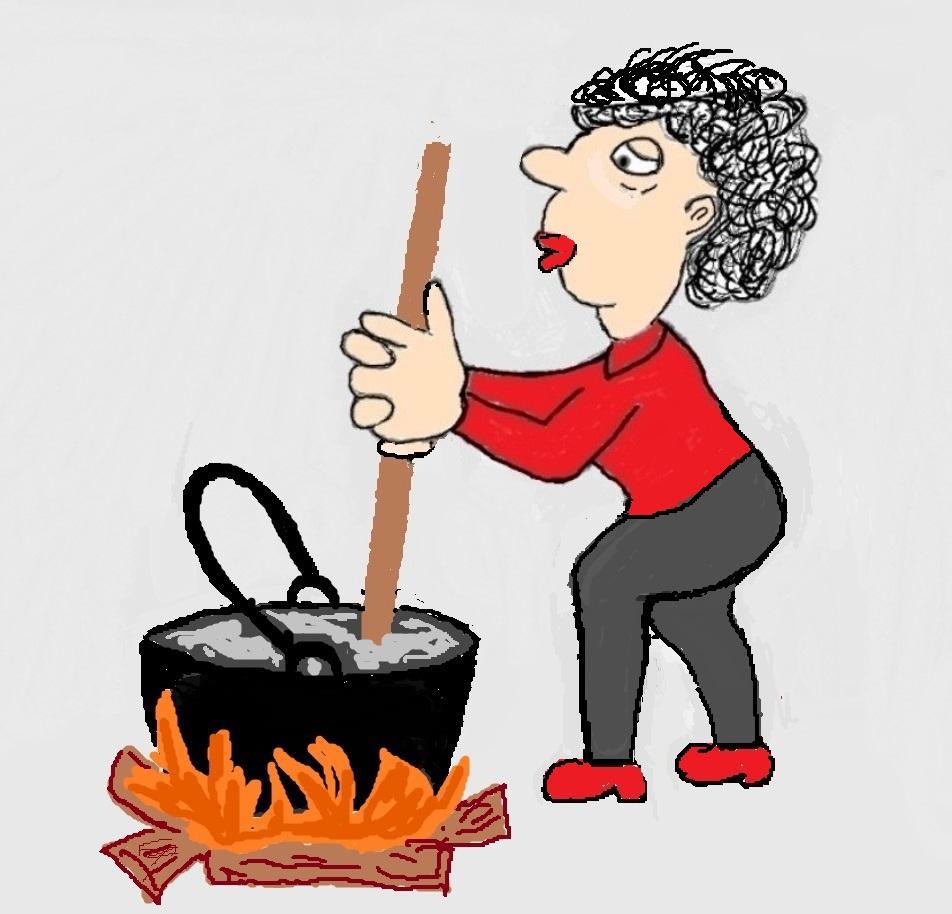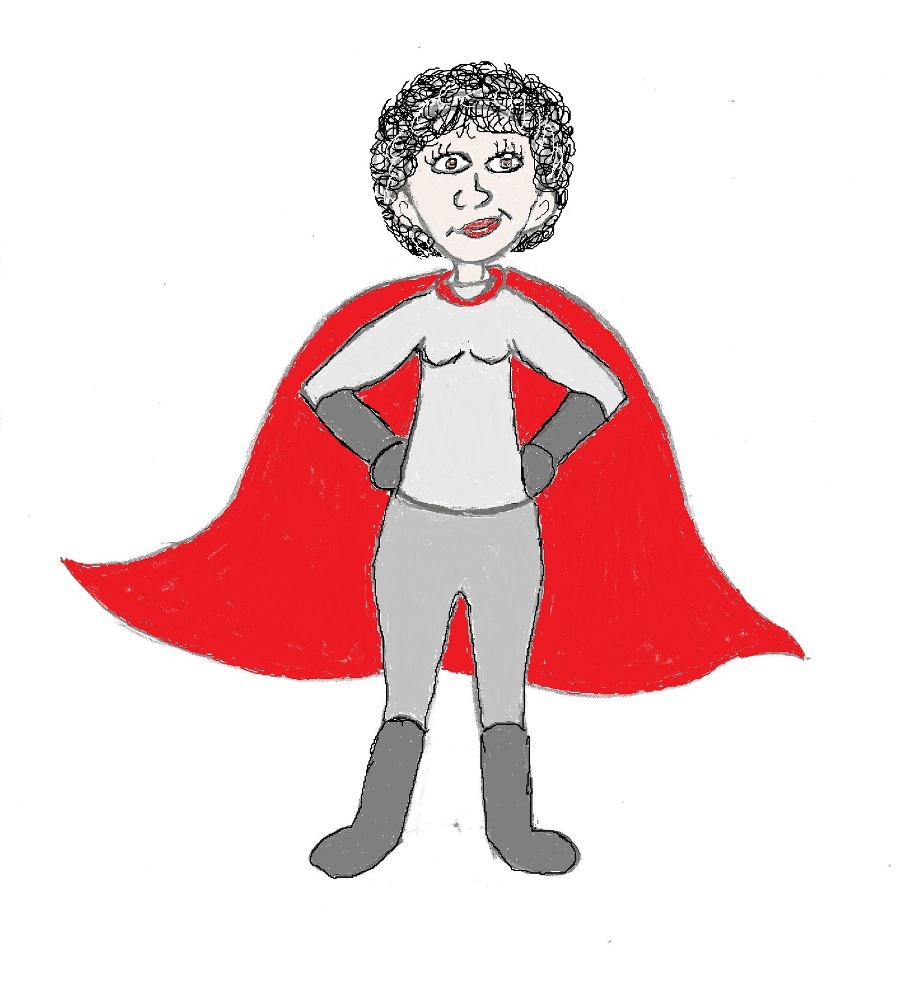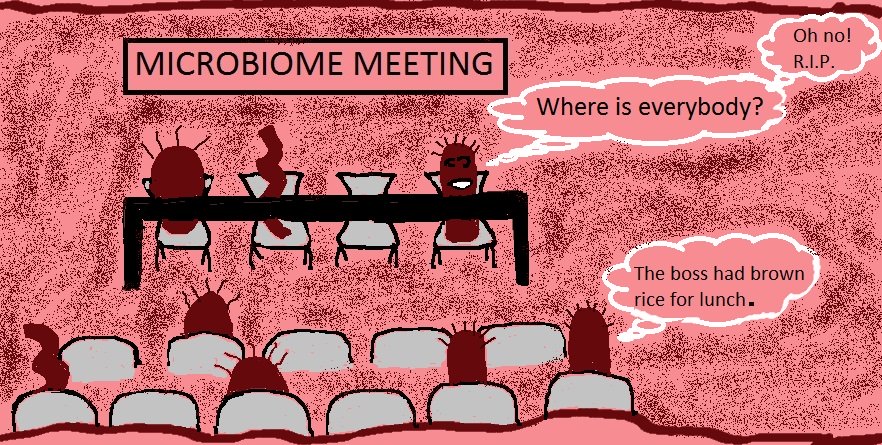- Home
- Polys & Superfood
- Benefits of Dandelion
The Benefits Of Dandelion
The benefits of dandelion? If you’re picky about having a weed free yard you probably can't think of any. But if you’ve ever dabbled with herbal medicine you know that there are many traditional benefits of dandelion.
It’s been used as a spring detox tonic, to fight inflammation and cancer and as a diuretic. Although it’s been used for centuries for the treatment of various ailments, it’s received little research attention, especially in the US.
I have great respect for and have used traditional and alternative medicine. But the scientist in me wanted some scientific evidence.
So I was happy to find the scientific studies that have been done back up many of the traditional claims. If you've been looking for a natural way to protect your health, it’s time to give this "king of weeds" the attention it deserves.
Research On The Benefits Of Dandelion
The research on dandelion has revealed that this pesky plant has numerous benefits to your health. Dandelion roots can act as an antiviral agent, stimulate your appetite and aid digestion. Dandelion leaves support kidney function and act as a diuretic.
The leaves are also a good source of vitamin and minerals. It is an important plant in terms of A, B (thiamine and riboflavin), C, D, vitamin E, as well as choline, inositol, lecithin, minerals, calcium, sodium, magnesium, iron, copper, phosphorus, zinc and manganese.
The research shows that some of the benefits of dandelion are tied to its ability to fight inflammation. That’s because it’s also a great source of antioxidants.
Plus, dandelion contains compounds that support and protect your liver and your gut. And studies show it kills cancer cells.
In other words, this valuable plant can protect you from toxic chemical exposure. Because it's a great source of antioxidants, protects your liver and your gut, and kills cancer cells.
1. Great Source Of Antioxidants
Your body creates toxins, called free radicals, that can damage and kill cells in your body. Your body creates free radicals just going about its normal body functions.
Chemical reactions like metabolism and cellular respiration (provides the energy for metabolism), stress and even excessive exercise can create the nasty little buggers. Your body also creates free radicals when your cells respond to external toxin exposure.
The scariest part is there are many diseases that are caused when your body's antioxidant defense system can't keep up with all the free radicals it produces. This is called oxidative stress.
Free radicals are toxic to your body and toxin exposure increases the free radicals in your body. If antioxidants are lacking and toxin exposure is high, toxic chemicals become far more dangerous.
The good news is the entire dandelion plant, including the flowers, can provide your body with free radical and inflammation protection. Saponins, flavonoids and other polyphenols are highly concentrated in the stem, root and flower.
Saponins are known for their anti-inflammatory, antimicrobial and immune-stimulating activity. Flavonoids, the largest group of phytonutrients, are also powerful antioxidants with anti-inflammatory and immune system benefits.
While the entire plant contains antioxidants, several studies have reported that dandelion leaf has the highest level of total phenols and flavonoid contents. So an extract of dandelion leaf has the highest total antioxidant and free radical scavenging activity.
Flowers also have a high concentration of flavonoids, possess antioxidant activity and scavenge for free radicals. Dandelion root has the lowest level of total phenolic and flavonoid contents.
2. It Supports And Protects Your Liver
Dandelion is thought to be a liver cleanser. The bitter taste of dandelion stimulates your gallbladder to release bile, which is necessary to digest fat. So traditionally it was used as part of a spring detox for your body.
And while I didn’t find any studies that support its ability to “cleanse your liver” I did find evidence that it supports and protects your liver.
And your liver deserves some support and protection because it’s vital to your overall health. It produces blood proteins and metabolizes lipids and sugar. And it’s your body’s detox machine.
Dandelion root supports your liver’s detox function because it contains choline. Choline is a macronutrient that helps in the process of methylation, which is an important part of detoxification.
Since your liver is the first line of defense against toxic chemicals, it’s also the organ most often affected by toxic chemicals and environmental pollutants. In fact, all the major functions of the liver can be damaged by acute or chronic exposure to toxic chemicals.
When your liver doesn’t have enough choline to deal with toxins efficiently, you could end up with abnormal deposits of fat in your liver. A fatty liver is one common way your liver responds to toxic chemical exposure.
So, by providing your liver with choline, dandelion root both protects and supports your liver. But the benefits don’t stop there.
Dandelion roots are also an important source of polysaccharides. Dandelion polysaccharides protect your liver by reducing oxidative stress and inflammation. For example, studies have reported that dandelion root extract can protect your liver from acetaminophen and alcohol-induced oxidative stress.
Oxidative stress occurs when your body produces more free radicals than it can deal with. It's the main factor that causes liver injury.
So, a major defense
mechanism for prevention and treatment of liver damage includes reducing the
production of free radicals by raising the levels of antioxidant enzymes.
But it’s not just the roots that are beneficial. Dandelion
leaves also protect your liver.
Dandelion leaf extract has been found to significantly suppress fat accumulation in the liver. Some researchers believe it may be a promising approach for the prevention and treatment of obesity-related nonalcoholic fatty liver disease.
And like the roots, dandelion leaf extract also benefits your liver by protecting it from damage caused by toxic chemical exposure. The results of a 2013 study suggest that the beneficial effects of dandelion leaf extract are mainly due to its antioxidant and anti-inflammatory activities.
3. It Supports Your Gut
Dandelion is also a good source of inulin. Its roots contain 12-15 grams per 100 grams of root. Roots harvested in the fall have the highest levels of inulin.
Inulin is considered a prebiotic. That means it nourishes your gut bacteria.
And like liver health, your gut health is strongly linked to your overall health. Because your gut does a lot more than just digest food and take up a huge amount of space in your abdomen.
It plays a major role in the production of vitamins, enzymes, and other compounds that digest and metabolize food and regulate your immune system. It also helps your body detoxify toxins.
And the foundation of all these important functions are the trillions of microorganisms (microbiota) that live in your esophagus, stomach, small and large intestine, called the microbiome.
But exposure to toxic chemicals, like the arsenic in rice and mercury in fish can mess with your microbiome. Studies of the impact of toxic chemical exposure on your gut microbiome are limited.
But, the information available indicates that they can change the types and number of bacteria that make up your microbiome. In other words, disturb your microbiome balance.
Having the right balance of different types of bacteria is essential for keeping your gut healthy and protecting you from disease. Inulin can help promote this balance by stimulating the growth of beneficial bacteria.
The inulin in dandelion root can’t be digested by your small intestine. That means it travels to your lower gut, where it functions as a prebiotic, or food source for the beneficial bacteria that live there.
Animal studies have found that inulin can also reduce gut inflammation and reduce the growth of precancerous cells. This may lead to a reduced risk of colon cancer.
4. It Protects You From Cancer
The American Cancer Society estimates that 1 in 2 men and 1 in 3 women in the United States will develop cancer at some point in his or her life. It's been suggested that 90–95% of cancer cases have their roots in the environment and lifestyle.
Staggering, but not surprising considering how many cancer causing chemicals are floating around. The 14th Report on Carcinogens listed 248 agents, substances, mixtures, and exposure circumstances that are known or reasonably anticipated to cause cancer in humans.
Dandelion extracts have a long history of use in
traditional Native American Medicine and Traditional Chinese Medicine for
treatment of leukemia and breast cancer. And, even though over 75% of the
currently available chemotherapies were derived from natural sources like plants,
I was surprised to find increasing
scientific evidence that supports this use.
This is huge in my book. Another benefit of dandelion - It can kill cancer cells while leaving healthy cells alone. In fact, dandelion root extract is approved by Health Canada for Phase I clinical trials in hematological cancers.
Here are some of the study results.
2010 - Dandelion leaf decreased the growth of breast cancer cells and the spread of prostate cancer cells.
2011 - Dandelion root extract caused cell death in human melanoma cells without harming noncancerous cells.
2012 – Dandelion root extract contains components that cause cell death in cultured leukemia cells. This traditional medicine is a potential non-toxic alternative to conventional leukemia therapy.
2012 - Dandelion root extract has the potential to cause cell death in in human pancreatic cancer cells with no significant effect on noncancerous cells.
2016 - Dandelion root extract causes cell death in aggressive
colorectal cancer cells, impairs the migration of colon cancer cells and
retards the growth of human colon tumors.
2016 – Treatment with dandelion root extract activates multiple death pathways in cancer cells. In other words, there are phytochemicals in dandelion root that effectively target multiple vulnerabilities of cancer cells. It could be a non-toxic and effective anti-cancer alternative.
2017 – Dandelion root extract effectively suppresses the spread, survival and migration of gastric cancer cells without harming noncancerous cells. It has potential medical applications for the prevention of gastric cancer.

Reaping The Benefits Of Dandelion
Clearly there are many benefits of dandelion. And research indicates that all the parts of dandelion – the flowers, leaves and roots – can protect you against toxin exposure.
You can reap the benefits of dandelion by incorporating it into your diet a variety of different ways. Fresh spring greens and flowers can be used in salads, soups and teas.
Dandelions can also be dried in a dehydrator to make teas or powdered to add to juice and smoothies. You can also buy powdered dandelion roots and leaves.
Herbal Infusion
An easy way to use dandelion is an infusion. Herbal infusions are teas that are steeped for a longer time than tea and at lower temperatures.
To make a strong herbal infusion tea, use 1/2 ounce of dried leaves or roots or one ounce of fresh leaves or roots per cup of water. Place the ingredients in a glass canning jar. Cover with freshly boiled water. Put the lid on and steep overnight. Strain. For medicinal purposes, drink 3-4 cups per day.
Extracts and Tinctures
Dandelion extracts and tinctures are easy to make and are a practical way to regularly reap the benefits of dandelion.
A tincture is a type of extract that uses alcohol as the solvent. Herbal preparations that use water, glycerine or vinegar as a solvent are extracts.
Because of the alcohol, tinctures have a 2-4 year shelf life, much longer than extracts. You can buy extracts or make your own. Either way I think they should be made with both roots and leaves.
You can use either fresh or dried herbs to make extracts. Or you can buy a whole dandelion plant tincture or extract like the one I use.
Dandelion Tincture Recipe
If using fresh dandelion harvest from an area where no pesticides are used. Wash the entire plant and finely chop. Fill a pint canning jar 2/3 full with fresh dandelion.
If using dried roots and leaves, finely chop and fill a pint canning jar ½ full with dried dandelion. Use a vodka that has 45% alcohol content (also known as 90 proof).
Pour alcohol to the very top of the jar. Make sure to cover plants completely. Screw on a plastic lid. Metal lids will corrode.
Store in a cool, dry place for 6-8 weeks. Shake the contents several times a week and top off with vodka if needed to keep herbs covered.
Tinctures are meant to be used as medicine in small amounts. Once made, strain through cheese cloth or a coffee filter. Pour into small dropper bottles and add a little bit to your tea, juice, water or directly into your mouth.
If you want to learn more about making extracts
and tinctures check out Mountain Rose Herbs Guide to Making Tinctures and How to Make Glycerine Extracts.
Bottom Line
Dandelion has a long history of use in traditional medicine for a variety of ailments. Increasing scientific evidence indicates that the benefits of dandelion include protecting your body from toxins. Plus it's safe, effective, cheap and easy to reap its benefits.
Other Posts You May Like
 How To Detox Your Body Part II How To Detox Your Body Part II |




